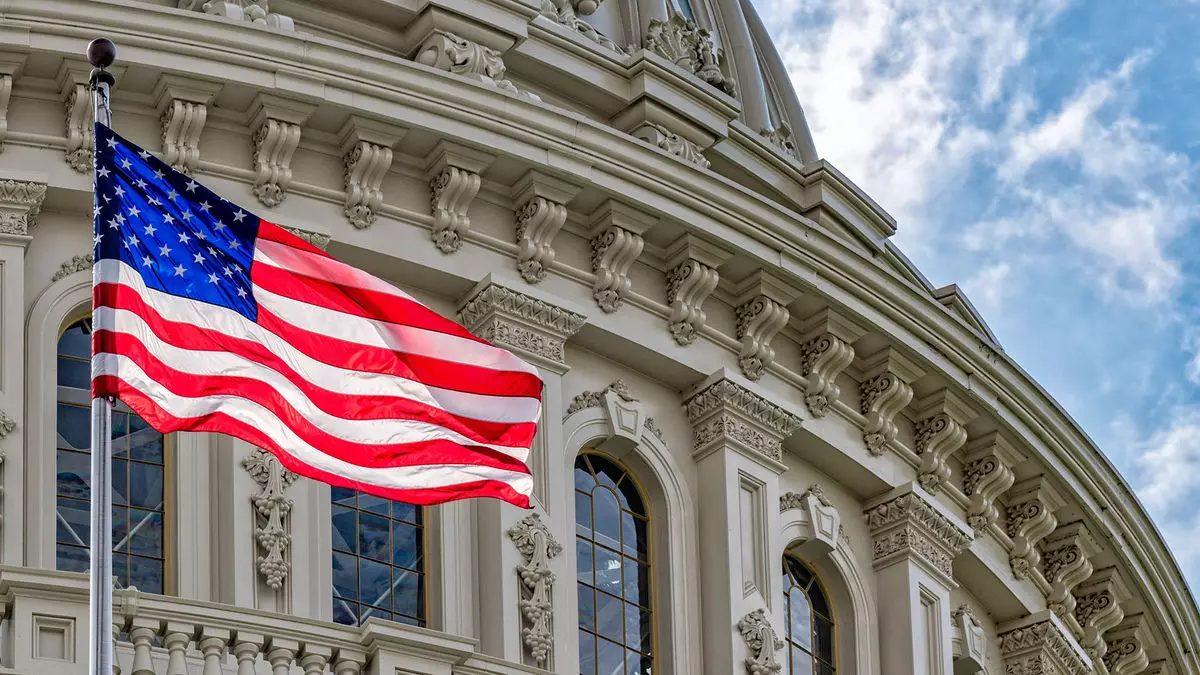The recent regulations established by the Transportation Department regarding airline refunds have sparked a controversial debate within the airline industry. These regulations mandate that airlines must issue refunds by default in cases of cancellations or significant flight delays, unless passengers specifically opt for a rescheduled itinerary or a voucher. However, a clause in the upcoming FAA reauthorization bill poses a potential threat to the enforcement of these new rules. The bill specifies that airlines are only required to provide a full refund upon written or electronic request from the passenger, thereby shifting the responsibility onto the traveler.
Legal Uncertainty and Industry Reaction
The conflicting language between the DOT regulations and the FAA bill has raised concerns about the effectiveness and viability of the new refund policies. According to Travel Weekly columnist Mark Pestronk, if the FAA bill is enacted as currently written, it could supersede the DOT rules, casting doubt on the future implementation of automatic refunds. Despite this uncertainty, DOT secretary Pete Buttigieg remains optimistic about the resilience of the regulations in the face of potential legal challenges. However, the airline industry, represented by trade group Airlines for America (A4A), has expressed strong opposition to the new refund rule. A4A argues that these regulations, in combination with other DOT mandates on fee transparency, will ultimately increase air travel costs and limit consumer choice.
Consumer Advocacy and Legislative Response
Consumer advocates, including Senator Elizabeth Warren, have also voiced concerns about the implications of the FAA bill on passenger rights. Warren emphasized the burden placed on travelers to navigate complex refund processes and the advantage this gives to airlines. Her criticism reflects a broader sentiment among advocates that the new regulations may inadvertently benefit airlines at the expense of passengers. As the FAA bill approaches floor votes in Congress, the outcome remains uncertain, with competing interests and viewpoints shaping the future landscape of airline refund policies. The balance between consumer protection and industry competitiveness will be a key factor in determining the impact of these regulatory changes on air travel.


Leave a Reply